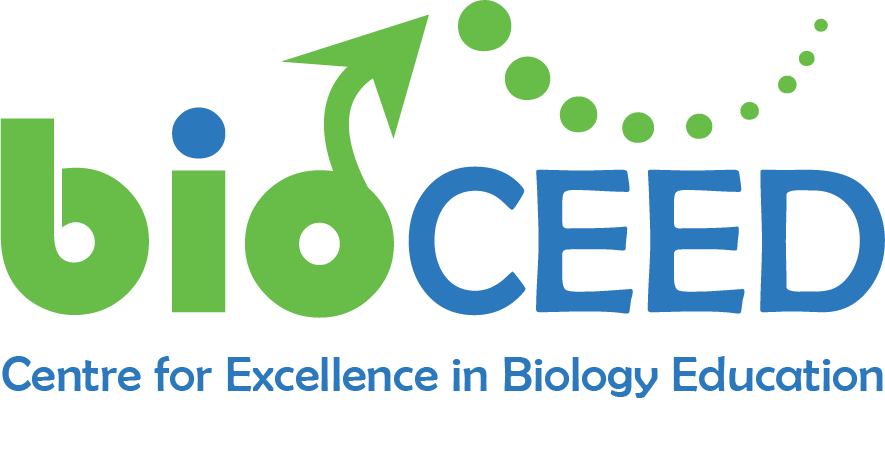bioCEED seminar
In this double seminar Assistant Professor Elizabeth A. Canning (Department of Psychology, Washington State University) and Associate Professor Tor Ole Odden (SFU Center for Computing in Science Education, UiO) will share insights from their educational research; Communicating a Growth Mindset to Support Stigmatized Students in STEM Fields and Using Computational Essays to Support Student Creativity and Agency in Science
Hovedinnhold
Communicating a Growth Mindset to Support Stigmatized Students in STEM Fields
by Assistant Professor Elizabeth A. Canning, Ph.D. Department of Psychology, Washington State University
In this talk, Dr. Canning will discuss her recent research on cultivating growth mindset cultures in the classroom — the idea that anyone can develop their abilities over time with good strategies, hard work, and seeking help. Three empirical studies suggest that growth mindset messages from instructors inspire motivation and promote performance for people historically excluded in STEM fields due to their ethnicity/race, women in STEM, and first-generation college students. Discussion will center on evidenced-based, practical strategies that instructors can implement in their classes to narrow performance gaps and support stigmatized students.
Using Computational Essays to Support Student Creativity and Agency in Science
by Associate Professor Tor Ole Odden, Physics Education Research, Center for Computing in Science Education, University of Oslo
Computation holds great potential for enabling students to engage in creative, exploratory, and investigative scientific coursework. At the University of Oslo, we have been exploring this potential through the development and testing of a new teaching tool known as a computational essay. After using computational essays across several semesters of a large-enrollment physics course have found that they can serve a key role in both supporting and assessing students as they engage in open-ended, inquiry-based, disciplinarily-authentic coursework. In this talk, I will describe how we are conceptualizing student creativity and agency in science, how we use computational essays to support these qualities in our teaching, and possibilities for using computational essays as an alternative mode of assessment in science education.

